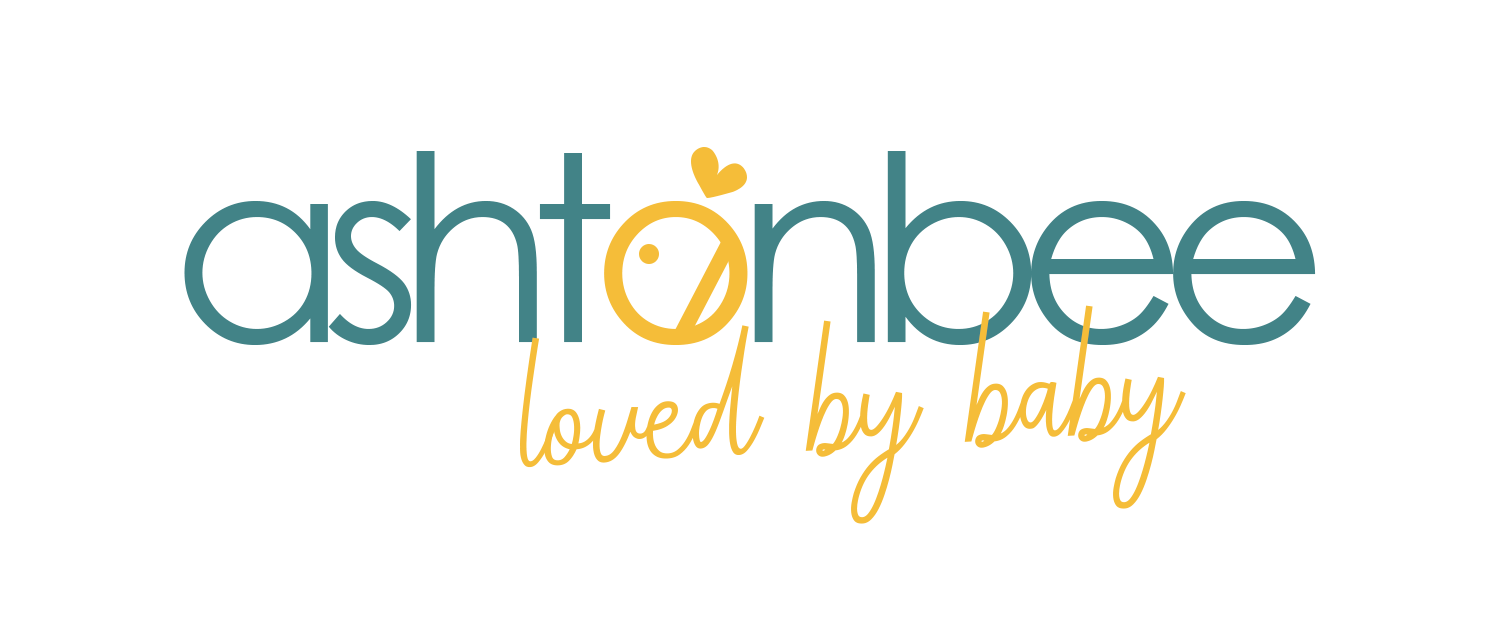
Babies have a natural propensity to stick their tongues out. Don’t get it wrong: it’s endearing that they do it while giggling. But this seemingly innocuous activity can cause bacteria to accumulate on the baby’s tongue, ending in several oral health issues, particularly with the teeth and tongue.
If you want to give your child the strongest possible chance for a healthy smile, an excellent oral hygiene routine is non-negotiable. Part of keeping their mouth healthy is focusing on the tongue. Read more to find out how to take care of your baby’s oral health.
Dental Problems Down the Road
New parents may be astonished to learn that dental issues impact more than just a baby’s teeth. In fact, one of the most affected parts is the tongue. In most circumstances, wiping down your baby’s tongue can be troublesome due to their unwillingness to cooperate. This situation provokes parents to overlook the baby’s tongue and only clean the easy parts. Unfortunately, doing this can cause infection and oral pain.
It’s important to prevent this problem, so you need to be knowledgeable about it. First, be aware of the issues that might affect your child if tongue hygiene isn’t practiced as soon as possible.
Bad breath
A build-up of breastmilk, formula, or flavored water on the tongue is the most prominent cause of bad breath among babies. It’s also spreadable through sucked pacifiers that haven’t been washed. These items might cause microbial dirt that can be transmitted back into your baby’s mouth when they use them again.
Tooth decay
There is a higher chance of an abscessed tooth if the baby’s tongue has been left uncleaned. The bacteria in your baby’s tongue may trigger an inflammation that spreads from the mouth to the cheeks and throughout the body. Brushing and flossing your baby’s teeth and gums, and cleaning your baby’s tongue, on a routine basis—even before they start teething—is pertinent.
Gum disease
Gum disease is caused by plaque—a sticky film of bacteria that lives on the baby’s tongue and spreads to the teeth and gums. Plaque can irritate the gums and cause them to become inflamed. If left untreated, gum disease can lead to tooth decay and eventually tooth loss.
Poor taste
When a baby’s tongue becomes dirty, their sense of taste dulls. This is because their taste buds are covered in a thin layer of dirty substances that prevents them from working properly. That’s why it is important to clean as early as possible to ensure that their sense of taste stays sharp.
Impressive Moments of Early Tongue Cleaning Session

It’s a widespread misconception that your tongue will be clean as long as your teeth are clean. But it doesn’t work that way. In reality, tongue cleaning alone can aid in the removal of microorganisms caused by eating specific foods that could otherwise remain in a baby’s mouth for an extended period.
Cleaning is vital, and here’s why:
- Tongue cleansing helps in the freshening of your baby’s breath after breastfeeding.
- Cleaning the tongue on a regular basis might help avoid infection and inflammation of the mouth tissues.
- It strengthens the immune system and assists in the development of speech.
- It enhances the overall flavor of meals and makes their tongue feel fresher.
- It enhances the digestive system.
Infant oral care is advantageous for these reasons. So, parents need to get the job done and clean their baby’s tongue safely and effectively.
Expel What’s White and Coated: How to Clean a Baby’s Tongue
Now that we know that babies are vulnerable to oral bacteria, it’s now the time to take a step forward and start cleaning their mouths even if no teeth are growing yet.
For a newborn
Since newborns are very fragile, you can begin by slowly placing a cloth in the baby’s mouth. This practice may be a strange sensation for the infant and it may take a few tries to get the baby relaxed enough to allow you to clean the tongue. Fold the cloth in half and gently rub the tongue in circular motions to remove any food particles, milk residue, or other debris that could cause bacterial growth. Don’t forget to clean the inner cheeks and gums as well.
For babies who have thrush
Parents who wish to learn how to clean a baby’s tongue with thrush must first determine whether the residue on their child’s tongue is produced by food.
Simply put, a white covering on your baby’s tongue isn’t necessarily the result of milk but it can be because of the oral condition also known as thrush. These two have a similar appearance, but one thing they differ in is that thrush can’t be wiped away that easily.
Maintaining the cleanliness of your child’s tongue with a gentle tongue scraper or damp towel is still an option. However, parents must first treat thrush with an antifungal medication. If not treated promptly, the fungal infection can spread to the gums and roof of the mouth.
For babies three and up
Since three year olds should be receptive to oral cleaning, consider brushing your baby’s teeth using a soft, kid-friendly toothbrush and a tiny amount of fluoride toothpaste. This step will help eradicate dirt inside their tongue and clean their teeth.
If you suspect they’ll swallow anything, you can continue scraping your baby’s tongue and gums with gauze pads or washcloths instead of using toothpaste until they’re a little older.
Sweet Tongue, Sweet Smile: Ashtonbee’s Tongue Cleaner

Ashtonbee makes tongue cleaning fun and easier with our tongue cleaner! This pack contains six pieces that have fine edges that can efficiently remove filth and germs from your child’s mouth. It’s also ideal for keeping your baby’s mouth fresh daily.
This cleaner is also easy to use! All you need to do is to brush lightly at first until your infant gets used to using this cleaning device. Then, apply some pressure to the area. The more pressure you use, the more dirt you’ll be able to clear.
If you’re still unsure of how to clean a baby’s tongue, check out information and reviews to make your parenting journey easier.



